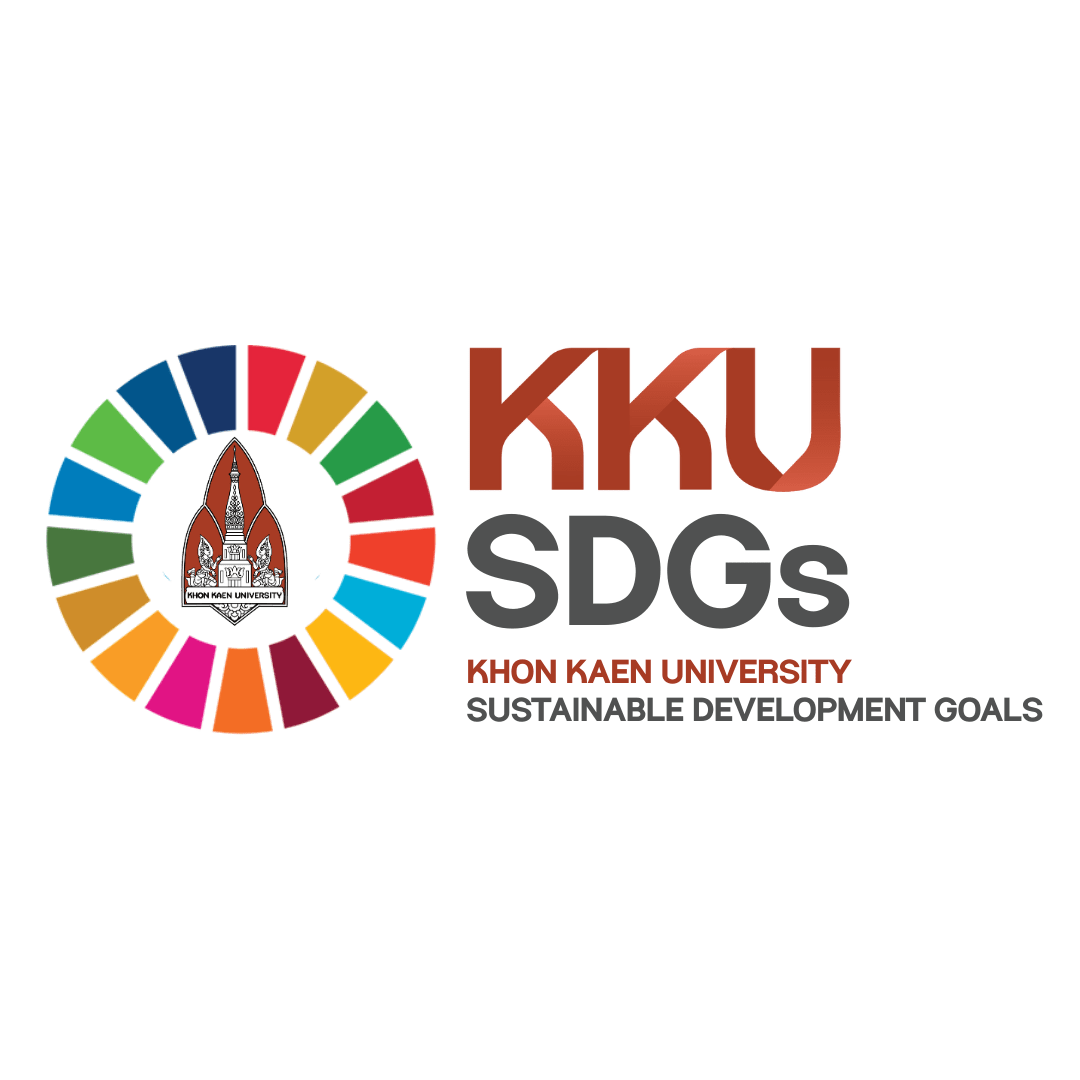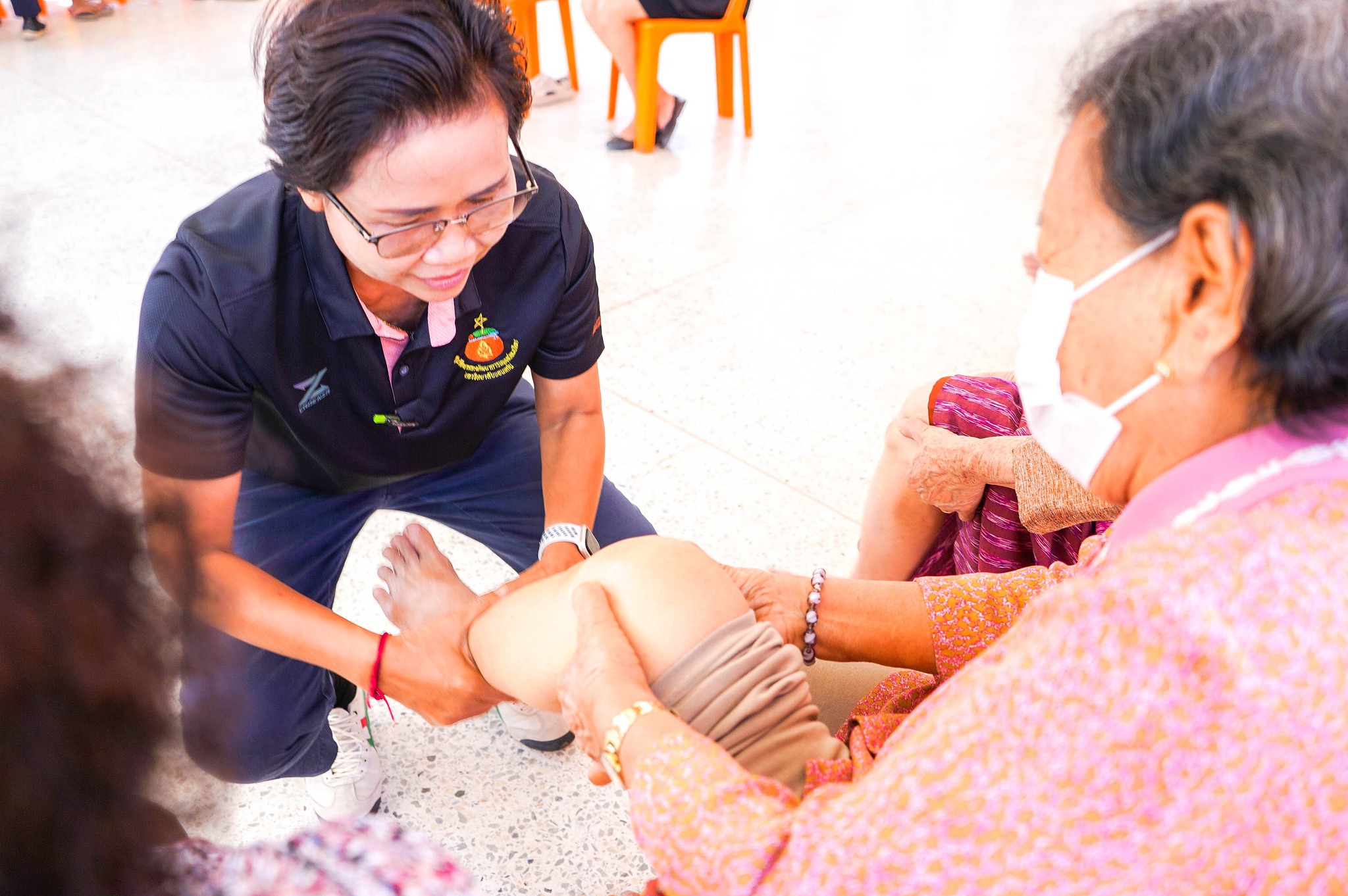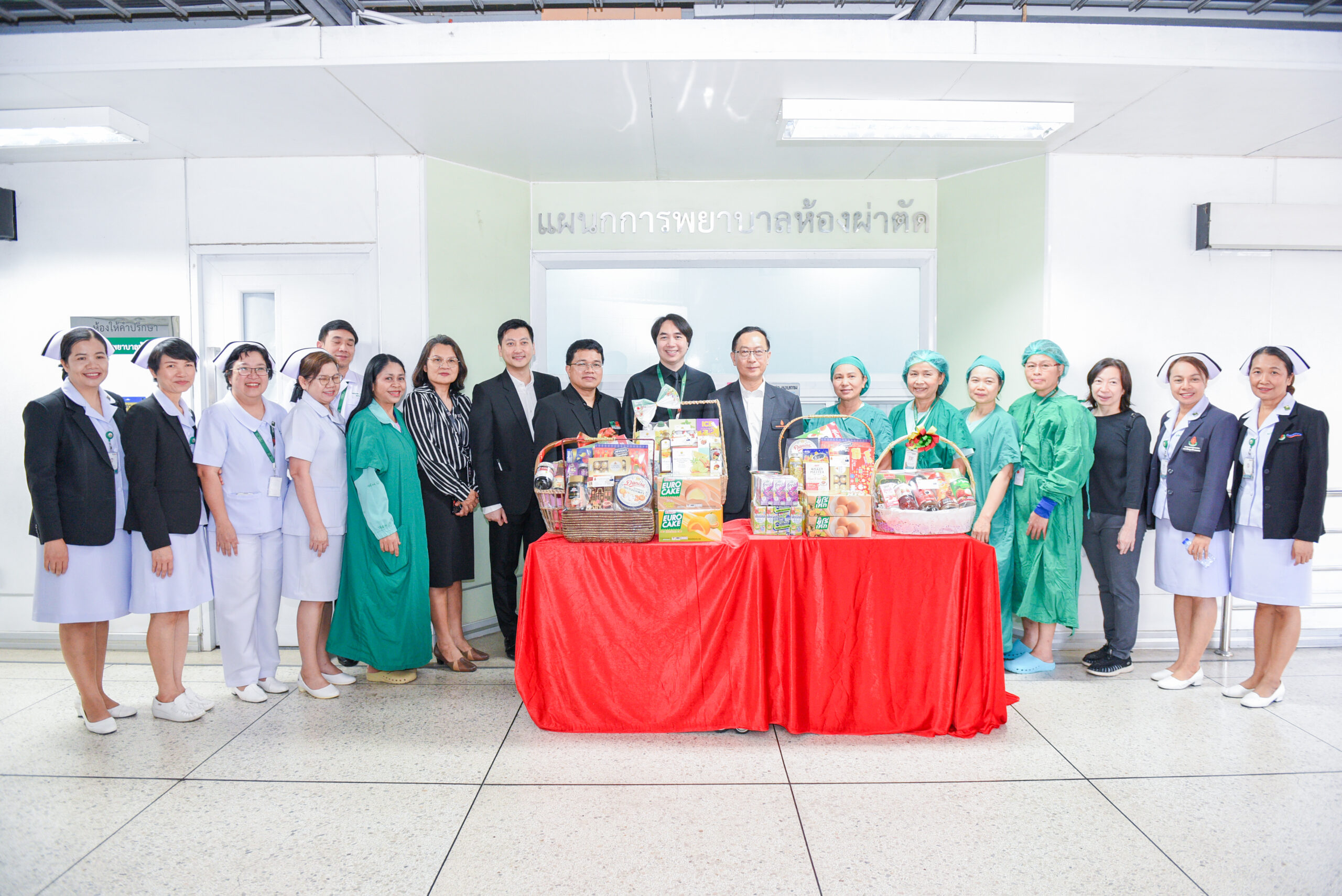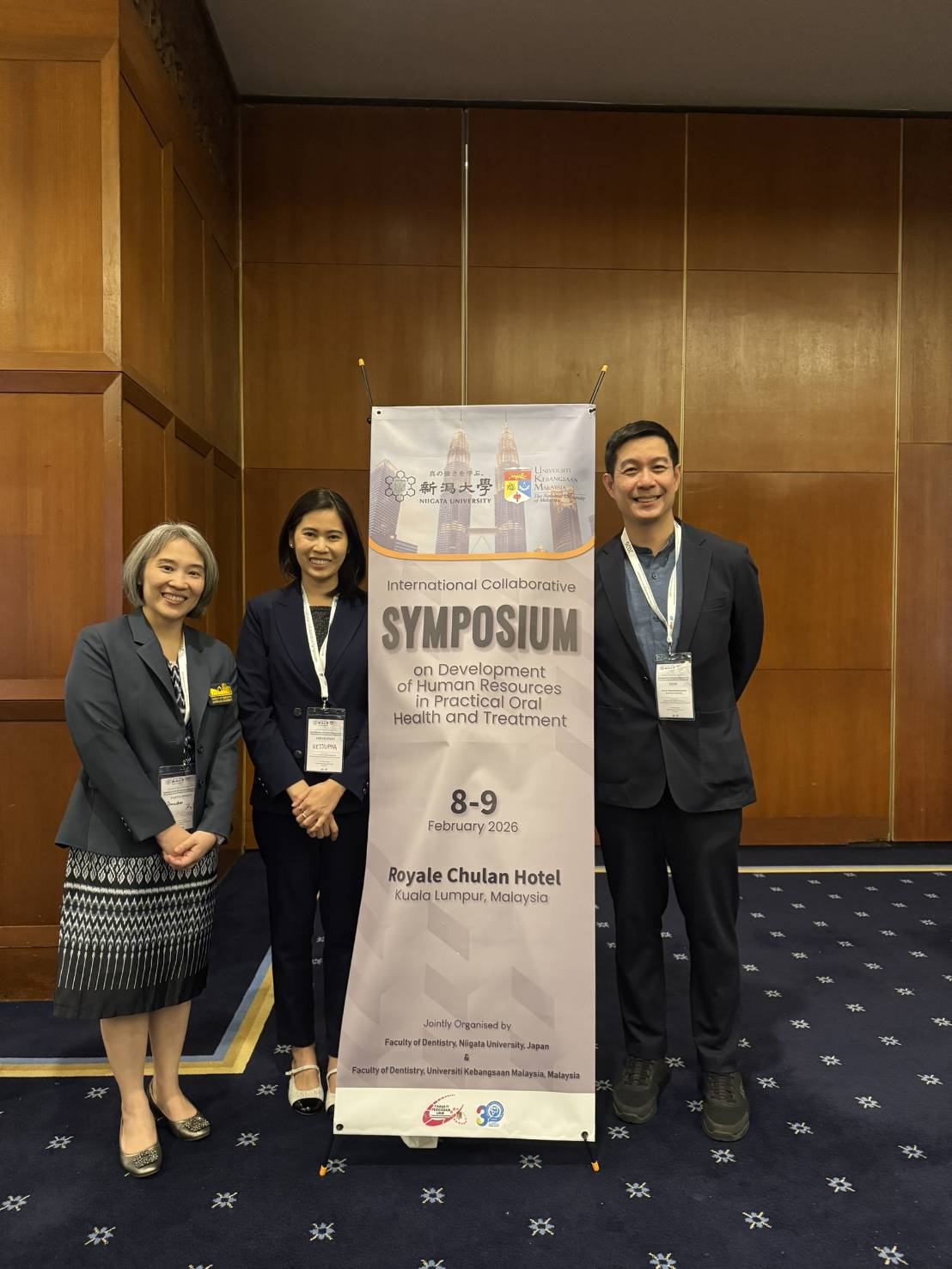KHON KAEN, Thailand – Khon Kaen University (KKU), in collaboration with the Program Management Unit for Area-based Development (PMU-A), recently hosted a summary meeting for the “Economic Crop Cluster Enhancement Project in the Northeastern Economic Corridor (Ne-EC).” The initiative leverages area-based development knowledge as a core mechanism for driving progress.
The meeting, held on Monday, September 8, 2025, was presided over by Mr. Kraisorn Kongchalat, Governor of Khon Kaen Province. Associate Professor Dr. Darunee Jothityangkoon, Dean of the Faculty of Agriculture at Khon Kaen University, welcomed over 200 participants from government agencies, private sectors, and farmers across the Northeast region. Assistant Professor Mallika Srisutham from the Department of Soil Science and Environment, Faculty of Agriculture, Khon Kaen University, and head of the project, presented the project’s summary report. The event also featured a special lecture by Assistant Professor Dr. Jutatip Chalermpol, a representative from PMU-A, on funding policies and support guidelines.
Further enriching the discussion, attendees heard special presentations from international experts: Professor Dr. Koki Homma from Tohoku University, Japan, who spoke on “Soybean production and recent studies in Japan,” and Professor Dr. Koshi Yoshida from The University of Tokyo, who addressed “Climate change impact and adaptation measure in Northeast Thailand – Mix cropping, insurance, shallow groundwater use.”
The focus on soybeans is particularly significant given that Thailand currently imports 99% of its soybean supply. This high dependency underscores the importance of the Ne-EC project’s summary meeting, marking a crucial step in the collaboration between Khon Kaen University, PMU-A (the funding body), and various government, private, and public sector partners. This collaborative effort aims to drive the development of Thailand’s soybean cluster across the entire supply chain.
The project’s operations also directly reflect a commitment to achieving the Sustainable Development Goals (SDGs). By reducing import reliance and promoting sustainable production systems, it contributes to food security (SDG 2: Zero Hunger). Furthermore, by increasing economic opportunities and stable incomes for local farmers, it aligns with SDG 8 (Decent Work and Economic Growth). The development of agricultural innovations and adaptation measures to mitigate climate change risks also addresses SDG 13 (Climate Action).
Khon Kaen University is thus positioned not only as a hub of knowledge but also as a driving force for regional and local community development, fostering economic, social, and environmental resilience for genuine sustainability.







